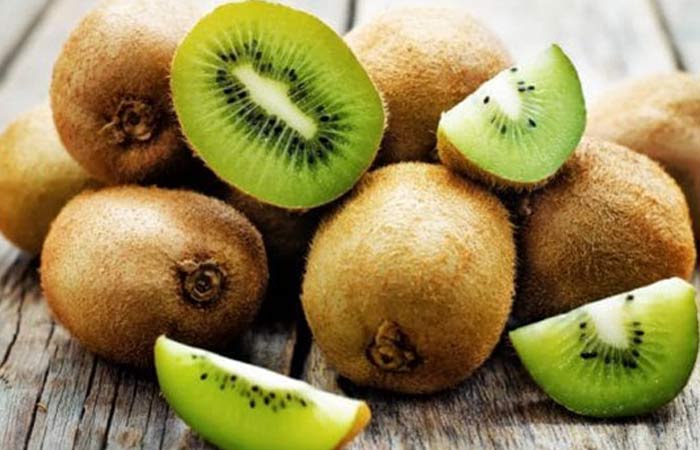When it comes to the task of promoting overall health, sleep is essential to this goal. Sleep has a wide range of benefits, from enhancing your immunity to keeping your digestion healthy and brain sharp for years to come.

Medical experts recommend that you get between 7 and 9 hours of sleep every night, but life, unfortunately, gets in the way – and as a result, there are many people who are sleep deprived, resulting in sleeping any chance you get; including on your Jordan’s. The good news is that you can enhance your sleep by adopting good sleep habits, but there are also foods that can help you along the way due to their sleep-promoting properties. We will discuss several of them in this article.
Chamomile tea
Herbal tea is gaining popularity, and chamomile tea is among the leading herbal teas due to its numerous health benefits.
Among these, it is well known for its flavone content, which is a group of antioxidants that reduce inflammation and prevent illnesses like heart disease and cancer. Other than that, chamomile tea has some unique aspects that increase your sleep quality.
Among these is the antioxidant apigenin, which promotes sleepiness by binding to specific receptors in the brain. In fact, various studies have shown that those who consume chamomile tea fall asleep faster and experience less wakening during the night, while another study revealed that women drinking the tea had increased quality of sleep compared to non-tea consumers.
More Topics:
- Assisted Living and Social Health
- What Are the Best Superfoods That Can Turn Your Health Around?
- Tips On Eating Habits For A Healthy Life
- Top 10 Streets Food in Mumbai
Turkey

Turkey is very high in protein, with its content giving 4 grams of protein per 28 grams. Protein is important to help regulate appetite, and keeps your muscles strong.
There are many claims about turkey helping to promote sleep, though there are no studies that prove this yet. However, there are some aspects about it that might explain why people get tired after consuming it – and that might be due to tryptophan, an amino acid that increases melatonin production in the brain. More research on this is needed though.
Kiwi fruit

Kiwi fruits are among the low-calorie fruits, only containing 50 calories that are packed with a variety of nutrients. These include an RDA of 38% vitamin K and 117% vitamin C. it also contains several trace minerals, as well as decent amounts of potassium and folate.
According to the findings from a variety of studies in improving sleep quality, kiwi fruits have also proven themselves to be good for promoting better sleep. A study that lasted four weeks investigated 24 adults and had them consume two kiwis one hour before bed every night. The findings showed that participants fell asleep 42% faster than if they had not consumed anything before bed. They also had 13% longer sleep time, and 5% less chances of waking up in the night.
The reason behind the sleep-promoting quality of kiwis is due to their serotonin content, which is a brain chemical that promotes sleep. Researchers also suggest that the antioxidant levels in kiwi fruits are also a reason for their sleep promotion qualities, due to the reduction of inflammation.
Almonds

Almonds contain numerous benefits to health, which is why they are a favorite for both vegetarian and vegan diets. In fact, one ounce alone contains 17% of RDA (recommended daily intake) of riboflavin, 32% manganese RDA, and 14% of phosphorus. They are also strongly associated with lower risk of heart disease and Type 2 Diabetes.
They also carry a strong link to improvement in sleep quality, because they are a source of melatonin alongside other nuts. They are a great source of magnesium as well, and medical studies have shown that consumption of adequate magnesium may assist to boost sleep quality, especially for people struggling with insomnia. This is because it reduces inflammation and the levels of cortisol.
Fatty fish

Fish rich in omega-3 oils and vitamin D such as mackerel, trout, tuna, and salmon, are very healthy. Both the vitamin D and omega-3 content help to reduce inflammation, and increase serotonin production – much more than other meats, as studies have shown.
Conclusion
It is important to get enough sleep – but the great thing is that several foods can help to promote sleep due to their content of sleep regulation hormones like serotonin, tryptophan and melatonin. To improve the results from these foods, consume them at least 2 to 3 hours before bed to avoid any digestive problems like acid reflux.